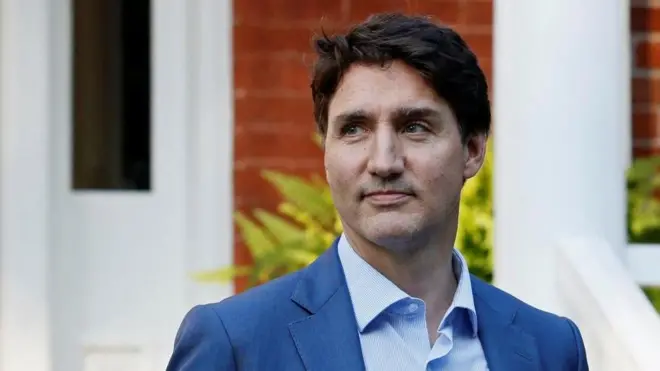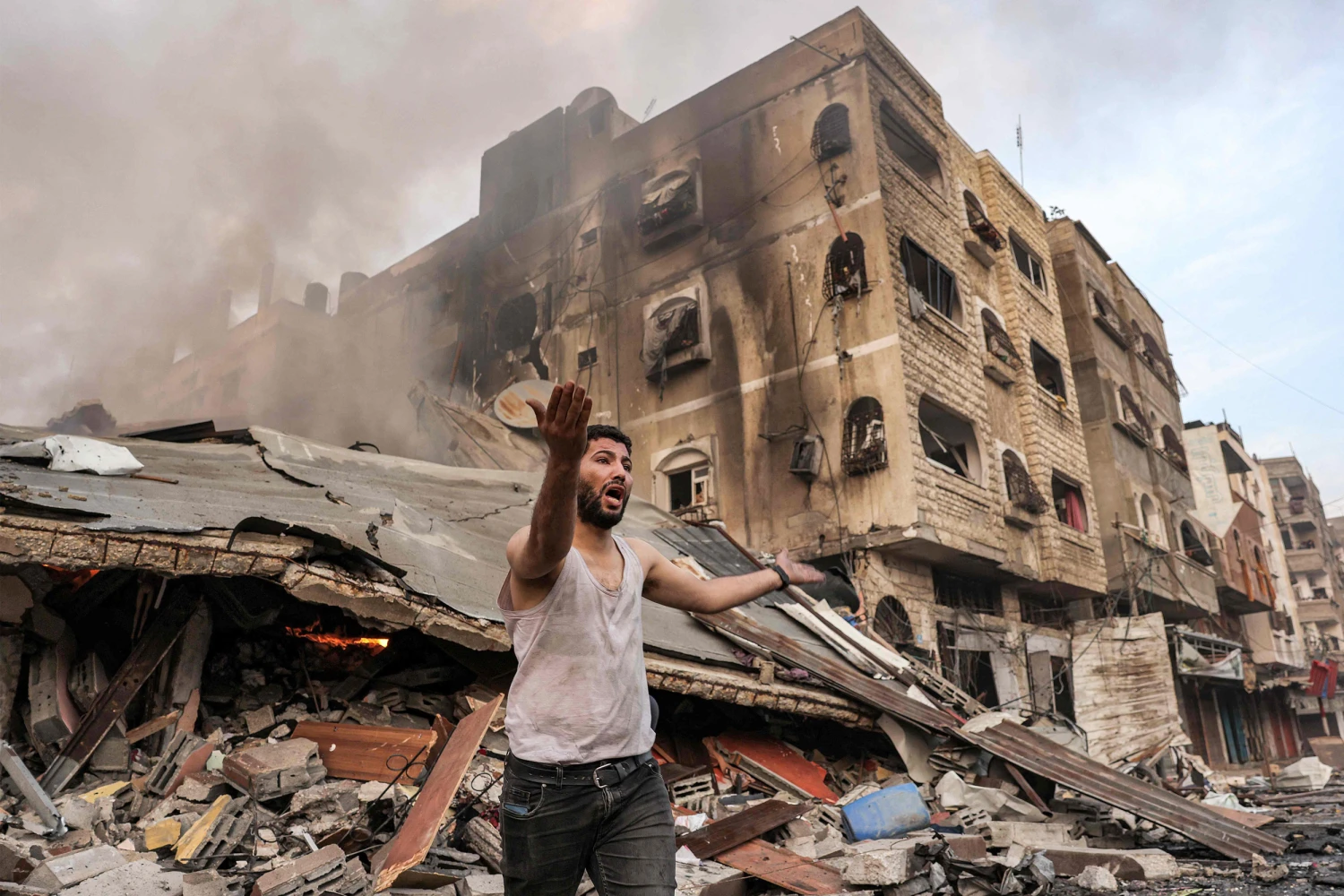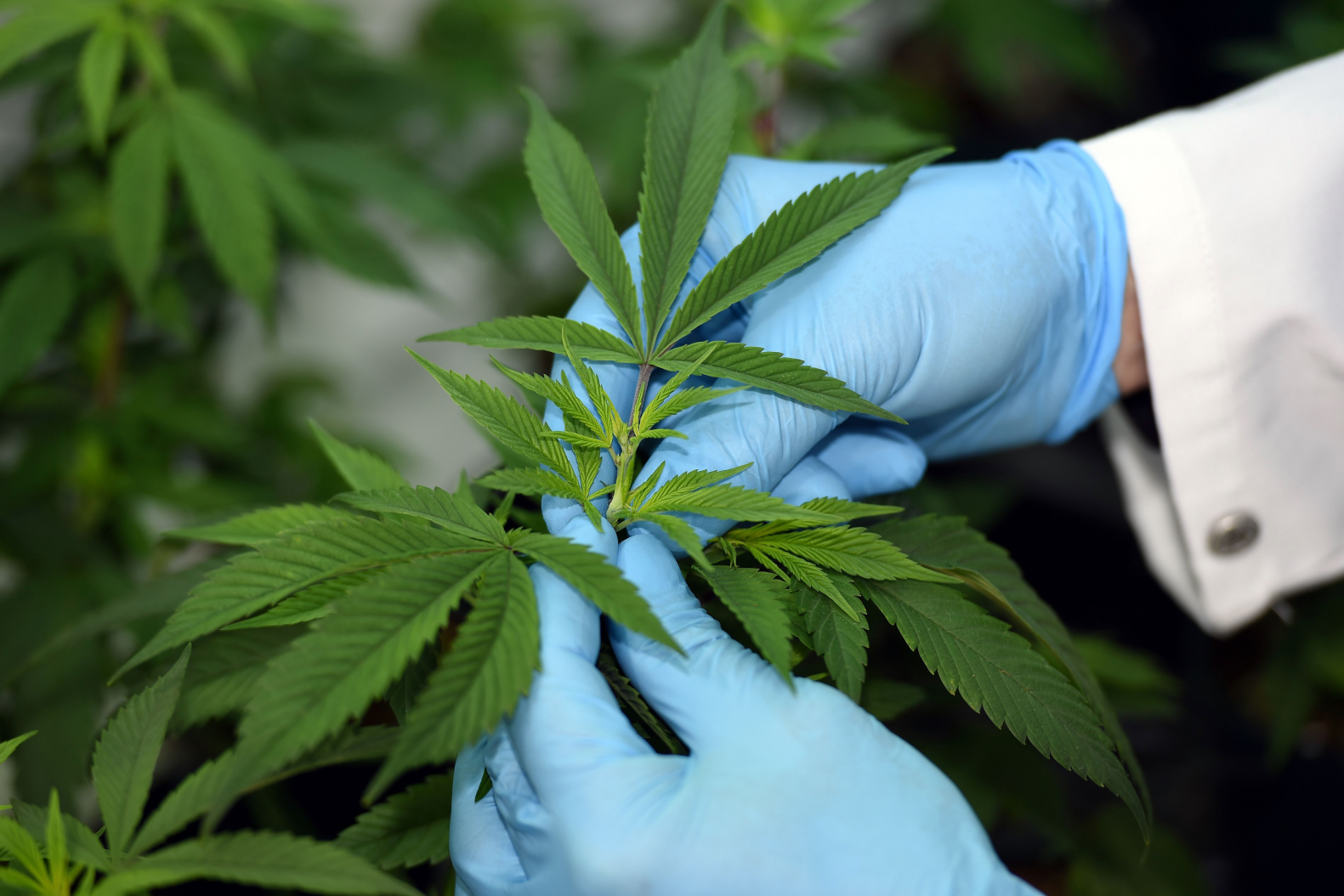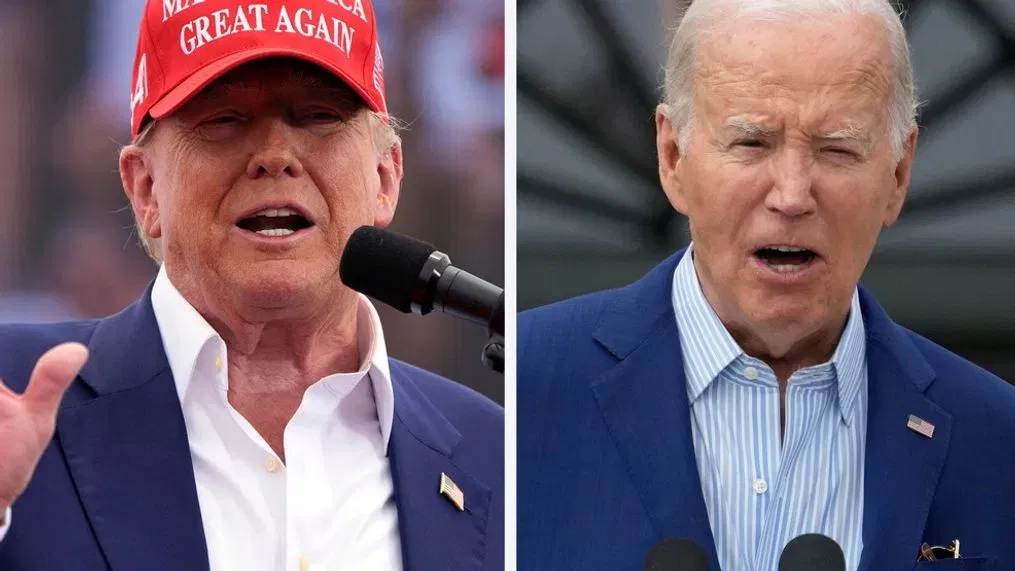Introduction
In a stunning political development, a member of Parliament from Justin Trudeau’s Liberal Party has called for his resignation, marking a significant shift within the party. This unexpected call for Trudeau to step down comes amid growing dissatisfaction with his leadership, both within his party and among the Canadian public.
The Call for Trudeau’s Resignation
The MP’s call for resignation underscores the deepening rifts within the Liberal Party. It signifies a critical moment, reflecting the mounting internal dissent and questioning of Trudeau’s ability to lead. This development is not merely a political maneuver but a symptom of broader discontent.
Key Points
1. Mounting Internal Dissent
A member of Parliament from Trudeau’s own Liberal Party has called for his resignation, reflecting significant internal dissatisfaction with his leadership.
2. Declining Public Support
Recent polls show a significant drop in Trudeau’s popularity, with Canadians expressing frustration over economic challenges and perceived policy failures.
3. Potential Successors
Speculation about Trudeau’s potential successors is intensifying, with names like Mélanie Joly, Chrystia Freeland, and Mark Carney being considered.
Insights
1. Reflects Broader Political Trends
The call for Trudeau’s resignation is part of a broader trend of growing dissatisfaction with establishment politicians, highlighting the challenges traditional parties face in maintaining voter support.
2. Impact on Party Dynamics
This internal dissent could lead to significant changes within the Liberal Party, potentially paving the way for new leadership and a shift in party policies.
3. Broader Implications for Canadian Politics
Trudeau’s leadership crisis and the potential for a change in leadership could have far-reaching implications for Canadian politics, including the strategies of opposition parties and the overall political landscape.
Mounting Criticism of Trudeau’s Leadership
Handling Key Issues
Trudeau, who has served as Prime Minister since 2015, is facing increasing criticism over his handling of several key issues. From economic challenges to policy missteps, his leadership is being scrutinized more than ever before.
Economic Challenges
Recent polls indicate a significant drop in Trudeau’s popularity, with many Canadians expressing frustration over economic challenges. Rising inflation, housing affordability, and job insecurity are among the critical issues affecting his approval ratings.
Policy Failures
Perceived policy failures, particularly in areas such as healthcare and climate action, have further alienated voters. The Prime Minister’s controversial decisions, including scaling back his carbon tax initiative, have drawn significant backlash.
Controversial Decisions
Carbon Tax Initiative
One of the most contentious issues is Trudeau’s decision to scale back his carbon tax initiative, which was aimed at addressing climate change. This move has disappointed many of his traditional supporters, especially in Atlantic Canada, where environmental concerns are paramount.
Alienation of Traditional Supporters
The carbon tax reversal is seen as a betrayal by environmental advocates and has led to a decline in support from key demographics. This decision underscores the broader dissatisfaction within the party and the electorate.
Internal Party Dissent
Concerns Over Leadership
The MP’s call for Trudeau’s resignation is fueled by concerns over his leadership and the future of the Liberal Party. The dissent highlights the growing unease within the party ranks and raises questions about Trudeau’s ability to unite his party.
Speculation About Successors
As dissatisfaction grows, speculation about potential successors has intensified. Names like Foreign Minister Mélanie Joly, Deputy Prime Minister Chrystia Freeland, and former Bank of Canada governor Mark Carney are being floated as possible candidates to take over the party leadership.
Potential Successors
Mélanie Joly
Foreign Minister Mélanie Joly is considered a strong contender, known for her diplomatic skills and international experience.
Chrystia Freeland
Deputy Prime Minister Chrystia Freeland has a high profile within the party and is respected for her handling of economic issues and trade negotiations.
Mark Carney
Former Bank of Canada governor Mark Carney brings extensive economic expertise and is viewed as a potential unifying figure within the party.
Broader Political Instability
Opposition Leaders’ Strategies
Opposition leaders, including Conservative leader Pierre Poilievre, have capitalized on Trudeau’s waning support. They are intensifying their campaigns, highlighting Trudeau’s failures and presenting themselves as viable alternatives.
Impact on Trudeau’s Political Future
The increasing pressure from both within and outside the party puts Trudeau in a precarious position. His ability to navigate these challenges and retain control of his party will be critical in determining his political future and the direction of Canadian politics.
Trudeau’s Future and Canadian Politics
Navigating Challenges
As the situation evolves, Trudeau must address the concerns raised by his detractors while attempting to restore his leadership credibility. This involves making strategic decisions that can appease both his party and the electorate.
Retaining Control of the Party
Maintaining control of the Liberal Party amid rising dissent will be a significant challenge for Trudeau. He must find ways to unite the party and prevent further fragmentation.
Implications for Canadian Politics
The outcome of this internal conflict will have far-reaching implications for Canadian politics. It could reshape the political landscape and influence the strategies of other parties and leaders.
Conclusion
The call for Trudeau’s resignation marks a pivotal moment in Canadian politics. It highlights the growing dissatisfaction within the Liberal Party and among the Canadian public. As Trudeau faces mounting criticism and internal dissent, his ability to navigate these challenges will determine his political future and the direction of the Liberal Party. The evolving situation underscores the broader political instability and the high stakes for Canadian politics.
Frequently Asked Questions (FAQs)
Why is a Liberal MP calling for Trudeau’s resignation?
The call for Trudeau’s resignation stems from growing dissatisfaction with his leadership, both within the Liberal Party and among the Canadian public. Concerns include economic challenges, policy failures, and controversial decisions like scaling back the carbon tax initiative.
What are the key issues driving the criticism of Trudeau’s leadership?
Key issues include handling of economic challenges, perceived policy failures, and controversial decisions such as the reduction of the carbon tax initiative. These issues have led to a significant drop in Trudeau’s popularity.
Who are the potential successors to Trudeau within the Liberal Party?
Potential successors include Foreign Minister Mélanie Joly, Deputy Prime Minister Chrystia Freeland, and former Bank of Canada governor Mark Carney. Each of these individuals brings unique strengths and is seen as a viable candidate for party leadership.
How is the opposition capitalizing on Trudeau’s declining support?
Opposition leaders, particularly Conservative leader Pierre Poilievre, are intensifying their campaigns by highlighting Trudeau’s failures and presenting themselves as credible alternatives. They are leveraging the growing dissatisfaction to gain political advantage.
What are the broader implications of this political development for Canadian politics?
The internal dissent within the Liberal Party and the call for Trudeau’s resignation could lead to significant political realignment. It may influence the strategies of other parties, reshape the political landscape, and affect the overall direction of Canadian politics.
What steps must Trudeau take to address the growing dissatisfaction?
Trudeau needs to address the concerns raised by his critics, both within his party and among the public. This involves making strategic decisions that restore confidence in his leadership, unite the party, and address key issues such as economic challenges and policy failures.



